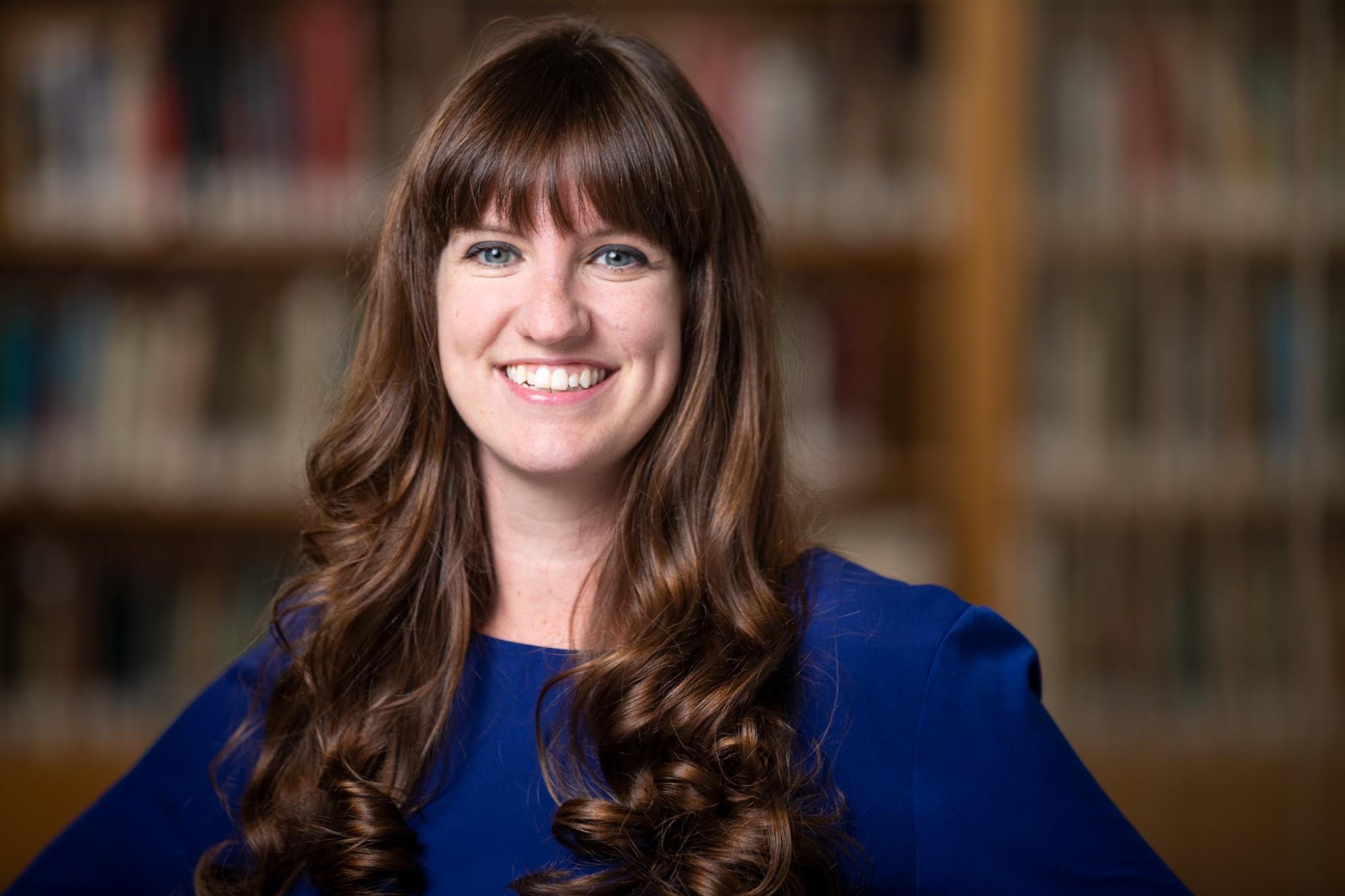 Nominated by both current graduate students and a former postdoc, Candace Rice, stands out as the primary advisor for a significant portion of the Institute's graduate cohort. She has advised dissertations spanning a diverse array of topics, ranging from Roman craft production (pottery and bone-working), to the bioarchaeology of kinship in the Bronze Age Levant. Always accessible, Rice offers invaluable feedback and support, whether students seek advice on crafting cover letters or navigating complex dissertation chapters.
Nominated by both current graduate students and a former postdoc, Candace Rice, stands out as the primary advisor for a significant portion of the Institute's graduate cohort. She has advised dissertations spanning a diverse array of topics, ranging from Roman craft production (pottery and bone-working), to the bioarchaeology of kinship in the Bronze Age Levant. Always accessible, Rice offers invaluable feedback and support, whether students seek advice on crafting cover letters or navigating complex dissertation chapters.
Anna Soifer, a doctoral candidate in Archaeology and the Ancient World, underscores Rice's hands-on mentoring style, emphasizing that she “consistently goes above and beyond to provide graduate students with the training they need, whether academic, professional, archaeological, or pedagogical, to succeed in the program and in the future.”
Rice's proactive approach extends beyond individual advisement, as she consistently advocates for students' interests in faculty meetings, proposing initiatives to enrich doctoral curricula and secure funding for research endeavors at both graduate and undergraduate levels. With undergraduates, she hosts student projects with SPRINT/UTRA research grants, and with graduate students, she sought grants (internal and external) to support their fieldwork travel.
Despite joining Brown University in 2019, Rice’s influence is notable. Under her guidance, students have achieved notable scholarly milestones, including publishing in PLoS One, the International Journal of Osteoarchaeology, and the Journal of Mediterranean Archaeology. Her advisees and mentees have been invited to speak about their research in high profile settings, both academic (the Larissa Bonfante Workshop of Etruscan and Italic Arts) and public-facing (“All Things Considered” on NPR).
Rice’s advisees and mentees have also received significant grants for conducting dissertation research and are active field archaeologists, and some hold staff positions, including chief bioarchaeologist, ceramics analyst, and area supervisor, on archaeological excavations.
Moreover, Rice's advocacy extends beyond scholarly pursuits. She has served on JIAAW's diversity and inclusion committee for multiple years, exemplifying her dedication to cultivating an inclusive scholarly environment.
“Candace has always been one of my strongest supporters, offering invaluable advice and guidance in ways few can match. Her experience as a woman navigating the academy has made her an incredible ally. She always provides constructive feedback in a way that is digestible, kind, and human, and never talks down to students or makes them feel inferior,” shares Rachel Kalisher, PhD Candidate in Archaeology and the Ancient World.
Rice’s research focuses on Mediterranean maritime trade and economic development during the Roman period. She is particularly interested in exploring what the archaeological record reveals about the ways in which connectivity changed the nature of the Roman economy through enhanced supra-regional integration and specialized local economic development. She is an active field archaeologist and currently directs fieldwork in Italy (Upper Sabina Tiberina Project), Croatia (Economic Landscapes of Roman Istria Project), and Türkiye (Antiochia ad Cragum).
“I have had the exceptional privilege of working alongside many truly excellent graduate students and this nomination means a great deal to me. Advising and mentoring our future generations is a significant responsibility but the returns are high, intellectually and personally. There are few parts of the job that are as rewarding as watching students grow as people and scholars.”
Faculty members Elizabeth O. Harrington, Daniel E. Ibarra, Susan L. Moffitt, and Candace Rice received the Graduate School’s Faculty Award for Advising & Mentoring at the University Awards Ceremony on May 1, 2024.